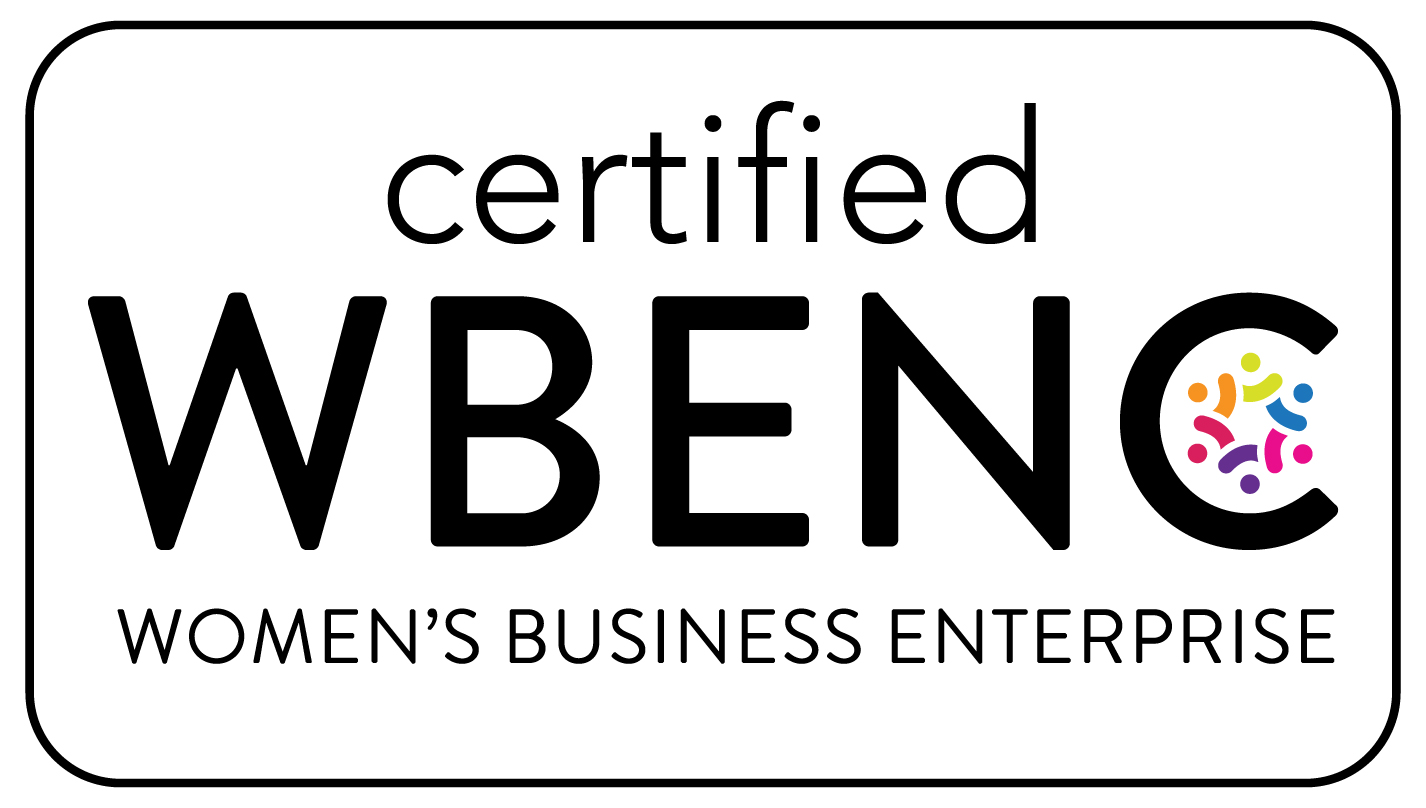Business owners may decide to sell their company for any number of reasons, and may come to the decision after trying many other avenues for their company’s future. Once the decision to sell has been made, however, business owners should be prepared for a sale process that can often be time-consuming, rigorous, and frustrating. If you’re an involved business owner, being well-prepared for the sale process means anticipating the additional demands on your time and being prepared to meet those demands in preparation for the freedom that comes after you close the deal.
Through my practice, I’ve realized that the smoothest deals are those in which all parties are educated about the process and its demands, who know what their objectives and the objectives of the other side are, and who treat the transaction as a collaborative effort to transition a company to new ownership. At Stock Legal, our goals are to provide education, organization, and structure to the process, so that our client isn’t blindsided by the process or decisions that must be made. We always try hard to manage our client’s expectations and to meet their timetable, as well as to discuss ways in which a business owner can make the process quicker.
Ideally, I like to meet with a potential seller to kick off the process even before they’ve identified a potential buyer. We discuss a high-level view of the process, and then go through a list of the most likely information that a buyer will want to review as it considers buying the company.
Getting a head start on the collection and organization of those documents lessens the rushed and frantic pace that a deal can take.
When you’ve found a buyer (whether on your own, or through a broker-led process), you’ll most likely begin by negotiating a letter of intent. While letters of intent usually contain the business terms of the deal, such as transaction structure and purchase price, they also may contain certain legal terms that should be reviewed by an experienced attorney. Although letters of intent are non-binding, they serve as the handshake deal from which the parties may be hesitant to stray at later points in the process. I often encourage my clients to consult with their other advisors at this stage – such as tax advisors, accountants, and even estate and financial planners as necessary.
After a signed letter of intent, the due diligence process kicks into full effect, and a business owner should expect to give detailed information about the company. This includes corporate documents and records, contracts with customers, employees, and vendors, financial information, intellectual-property records, real estate information, active litigation, and more.
Full information is crucial to a buyer’s decision to buy a company. In reality, this mountain of information is daunting for the seller to produce and daunting for the buyer to review. There will come a point where you feel like you’ve turned over every piece of paper you’ve ever saved, including your grocery list from 2009 and the report you wrote on dolphins in sixth grade. Hang in there.
A well-informed business owner is one who recognizes the importance of the information exchange, and we try hard to make the process less overwhelming and more organized.
While you’re busy collecting and organizing information, your transactional attorney will be drafting and negotiating the purchase agreement. I try hard to get the purchase agreement as far along as I can with the buyer’s attorney, and then I educate my client on what’s market, what business issues need to be resolved, and what legal issues we need to finalize. I encourage my clients to collaborate in this process with me, so that we can make efficient decisions about the purchase agreement.
The good news is that there’s a light at the end of the tunnel – final issues get hammered out, the last piece of information has been given, and the parties are ready to close. In today’s world of transactions, we typically close our deals electronically, and exchange signed documents via data sites or through emails. Once the sale is closed, we’re around to assist with any remaining obligations (like a consulting agreement for the departing business owner or a working capital adjustment).
The closing day is a bittersweet one for former owners, and we recognize that. It’s taken years of hard work to build your business, and it’s been at least a full-time job to sell it. We recognize that closing your deal feels both abrupt and like it’s been a long time in the making. We’re proud to help owners into the next phase of their professional and personal lives, and it’s rewarding to have the sale come to fruition.










